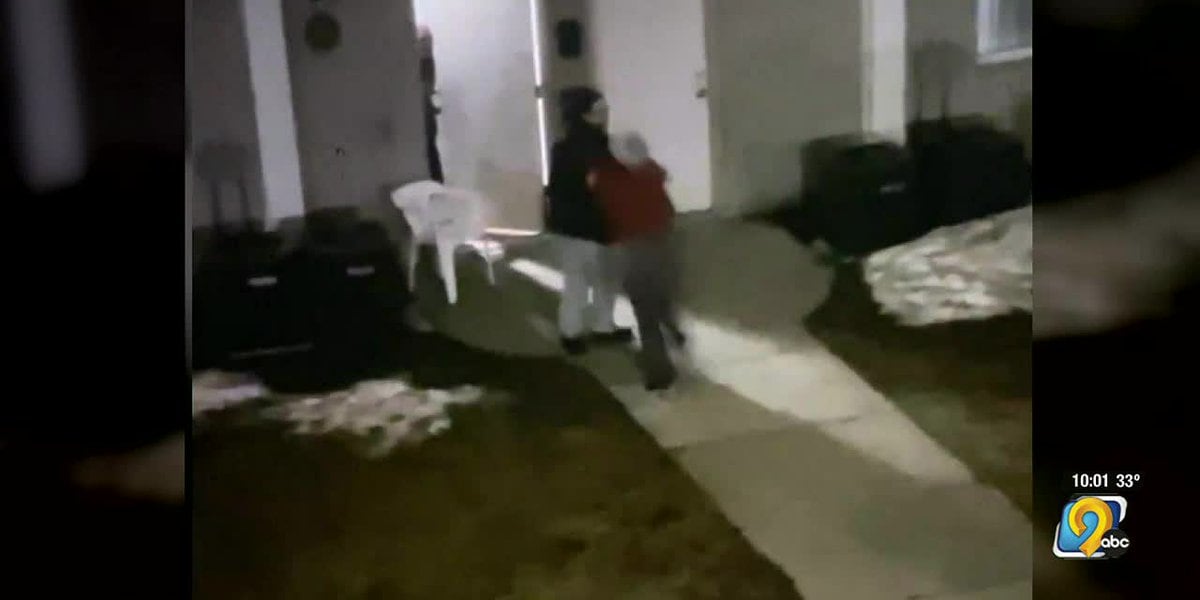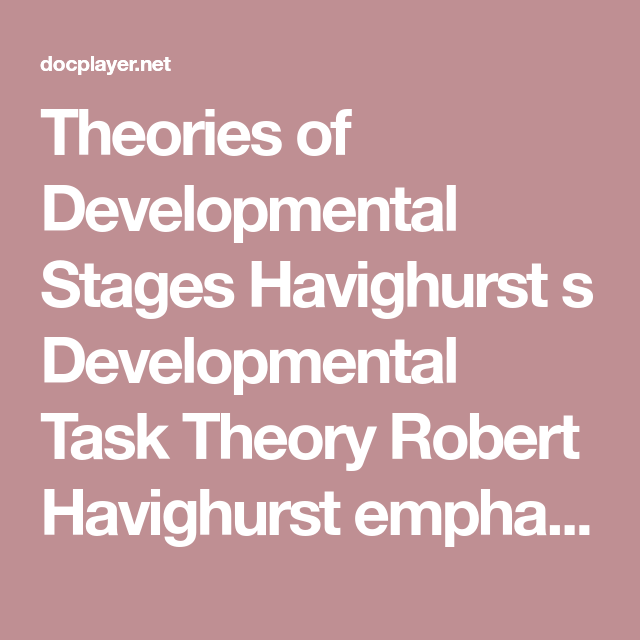A Family's Loss: The Tragedy Of A Racist Murder And The Fight For Justice

Table of Contents
The Brutal Reality of the Racist Murder
On the evening of July 14th, Aisha Johnson was brutally murdered outside her apartment building in Oakhaven. The details are harrowing: witnesses reported seeing a group of individuals shouting racial slurs before attacking her. Aisha, a vibrant young artist with dreams of opening her own gallery, was found with multiple stab wounds, a symbol of a swastika crudely drawn in chalk near her body. This horrific crime, initially classified as a homicide, quickly became classified as a hate crime due to overwhelming evidence of racial bias.
- Crime Scene Details: The scene was saturated with racial slurs spray-painted on nearby buildings and cars. Aisha's phone, later recovered, contained disturbing online threats of racist violence.
- Witness Testimonies: Several neighbors provided statements to the police, corroborating accounts of the racial slurs and the violent assault. One witness identified a key suspect.
- Initial Police Response: Oakhaven Police Department responded swiftly, but initial investigations were criticized for not immediately recognizing the hate crime aspects of the case.
The Devastating Impact on the Family
The murder of Aisha Johnson has left her family devastated. Her mother, described the ensuing emotional distress as unbearable – a constant wave of grief, anger, and disbelief. The family is struggling with the trauma, battling not only the loss of a cherished daughter and sister but also the added burden of navigating a complex legal system.
- Financial Burdens: Funeral expenses, legal fees to ensure justice is served, and the loss of Aisha's potential income have placed a significant strain on the family's finances. Community fundraising efforts have been launched to help alleviate some of these burdens.
- Social Impact: The family has faced both support and hostility since the murder. While the community has organized several vigils and memorials in Aisha's honor, there have also been instances of online harassment and threats.
- Impact on Siblings: Aisha's younger brother, still struggling to process the loss of his sister, has withdrawn from school and is receiving counseling.
The Fight for Justice: Legal Battles and Activism
Following a thorough investigation (though still criticized by some for being slow), three suspects were arrested and charged with first-degree murder as a hate crime. The legal proceedings are ongoing, and the family is working closely with legal representatives to ensure justice is served. The case highlights the complexities of navigating the criminal justice system, particularly in prosecuting hate crimes.
- Role of Law Enforcement: While the arrests demonstrate progress, some community members still express concerns about possible bias within the Oakhaven Police Department’s handling of the initial investigation. Demands for increased training on hate crime investigations have been made.
- Community Activism: Significant community activism has surrounded Aisha’s case. Protests, vigils, and calls for stricter hate crime legislation have become regular occurrences in Oakhaven, highlighting a growing public outcry for justice and systemic change.
- Key Individuals/Organizations: The National Association for the Advancement of Colored People (NAACP) and other civil rights organizations are providing significant support to the family and actively working to keep pressure on the justice system to ensure a fair trial.
The Systemic Issues Underlying Racist Murders
Aisha Johnson’s murder tragically exemplifies the systemic racism and inequalities that continue to plague our society. It underscores the urgent need to address the root causes of racist violence, which are deeply ingrained in historical injustices and pervasive racial biases within institutions.
- Statistical Data: Data from the FBI's Hate Crime Statistics consistently demonstrate a disturbing trend of increased racist violence, highlighting the need for immediate action.
- Relevant Legislation: While hate crime laws exist, their effectiveness in preventing and punishing such crimes is debatable. Calls for stricter enforcement and broader legislation are increasing.
- Recommendations for Policy Changes: Recommendations include comprehensive police reform, addressing historical injustices, and promoting diversity and inclusion in all sectors of society to combat the systemic issues that fuel racist murders.
Conclusion
Aisha Johnson’s racist murder is a profound tragedy that underscores the urgent need for societal change. The fight for justice for Aisha and her family continues. Her story serves as a stark reminder of the devastating consequences of hate and the systemic issues that enable such violence. The fight against racist murder requires collective action. Learn more about organizations like the NAACP, support victims' families, and demand accountability for racist violence. Only through sustained effort can we hope to prevent future tragedies and create a society where every life is valued and protected, free from the scourge of racist violence. The memory of Aisha Johnson must serve as a catalyst for lasting change.

Featured Posts
-
 Hollywood Shutdown Actors And Writers On Strike Impacting Film And Television
May 10, 2025
Hollywood Shutdown Actors And Writers On Strike Impacting Film And Television
May 10, 2025 -
 Maldives Vacation Elizabeth Hurleys Bikini Looks
May 10, 2025
Maldives Vacation Elizabeth Hurleys Bikini Looks
May 10, 2025 -
 Sovmestniy Dogovor Frantsii I Polshi Detali Soglasheniya Makrona I Tuska Unian
May 10, 2025
Sovmestniy Dogovor Frantsii I Polshi Detali Soglasheniya Makrona I Tuska Unian
May 10, 2025 -
 Four New Theories On Randall Flagg That Redefine Your Understanding Of Stephen Kings Work
May 10, 2025
Four New Theories On Randall Flagg That Redefine Your Understanding Of Stephen Kings Work
May 10, 2025 -
 Short And Sweet A Speedy Stephen King Series For Streaming
May 10, 2025
Short And Sweet A Speedy Stephen King Series For Streaming
May 10, 2025
